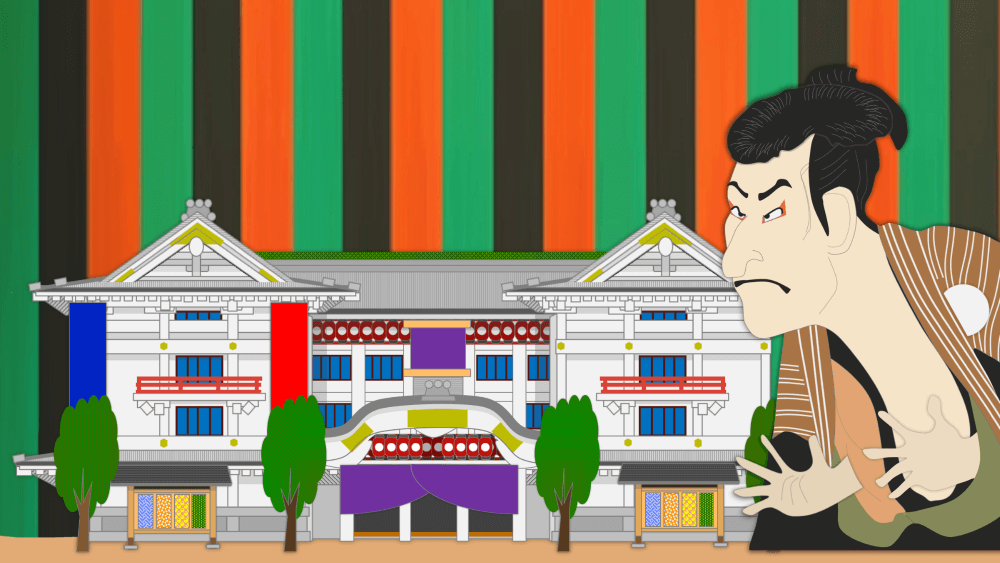As an island nation, Japan has developed a unique culture with many customs and manners that may surprise visitors from abroad. Understanding these local etiquettes can help you avoid unnecessary trouble and make it easier to foster enjoyable interactions. In this guide, we’ll introduce some of the taboos and etiquette in Japan that often catch foreigners off guard.
Social Taboos
Informal Language with New People
In Japan, it’s customary to use polite or respectful language and address people by their last name with “-san”, which means Mr or Mrs, when meeting them for the first time. Informal speech and dropping honorifics are reserved for close relationships such as families and friends.
Being Late
Punctuality is highly valued in Japanese society. Being late is often seen as disrespectful, especially in business settings, so make sure to be on time or a bit early for appointments.
Voicing Strong Opinions
Harmony is a key value in Japanese culture, and people tend to avoid expressing strong personal opinions, especially dissenting ones. When sharing your views, it’s important to consider the other person’s perspective and feelings.
Overfamiliarity with Superiors
Showing respect to elders, supervisors, or others in senior positions is essential. Being overly casual or impolite can damage relationships.
Rules and Manners in Public
Using Phones in Public
Phone use may be restricted in certain public spaces, like trains, buses, or hospitals. Set your mobile phone to silent mode and avoid making calls at such places. Near priority seating, you may even be asked to turn off your device completely.
Eating in Public
Eating in public spaces, especially while walking or using public transportation, is generally frowned upon. Instead, enjoy your food in designated areas, parks, or convenience store dining spaces.
Smoking in Public
Smoking is prohibited in many public spaces and is only allowed in designated smoking areas, often near train stations or outside convenience stores.
Public Displays of Affection
In Japan, it’s not common to show affection openly in public. While holding hands or light gestures aren’t a problem, excessive public displays of affection may make others uncomfortable.
Cultural and Habitual Taboos
Wearing Shoes Indoors
In many Japanese homes, people generally take off their shoes before entering. This rule also applies to some restaurants or shops, especially ones with traditional layouts.
Expressing Strong Emotions
Loud expressions of emotion, whether joy, anger, or sadness, can make others uncomfortable. A reserved demeanour is often appreciated.
Invading Privacy
Respecting personal boundaries is highly valued. Avoid asking questions about age, family matters, or other personal topics, especially with people you’ve just met.
Showing Tattoos
Tattoos are often associated with organised crime in Japan and can evoke fear or negative impressions. Certain facilities like onsen (hot springs) even restrict entry for people with visible tattoos. In professional settings, covering tattoos is recommended.
Wearing Revealing Clothes
Short skirts or low-cut tops should be avoided in formal or professional settings. Even in casual settings, overly revealing outfits may not leave a positive impression.
Dining Taboos
Stabbing Food with Chopsticks
Sticking chopsticks into food is reminiscent of funeral rituals and is considered bad manners.
Returning Touched Food
When sharing dishes, avoid returning food you’ve touched to the communal plate for hygiene reasons.
Talking with Food in Your Mouth
Speaking with your mouth full is poor etiquette. Swallow your food before talking, or cover your mouth with your hand if you must speak while eating.
Placing Feet on Chairs
Resting your feet on chairs, especially while eating, is considered bad manners. It’s best to avoid this in public settings, even if allowed at home.
Tapping Utensils on Plates
Even during a lively casual gathering, using utensils to make noise or call someone is not considered appropriate table manners in Japan.
Leaving Food Uneaten
Leaving food uneaten is seen as wasteful and carries more cultural weight than in many Western countries. Try to order only what you can finish, or take leftovers home if the restaurant permits it.
Japanese culture is filled with unique taboos and customs, which may seem surprising at first. But, understanding and respecting the traditions of the country you are visiting is not only important but can also help you avoid misunderstandings. Embrace local manners and enjoy a more comfortable and enriching time!




